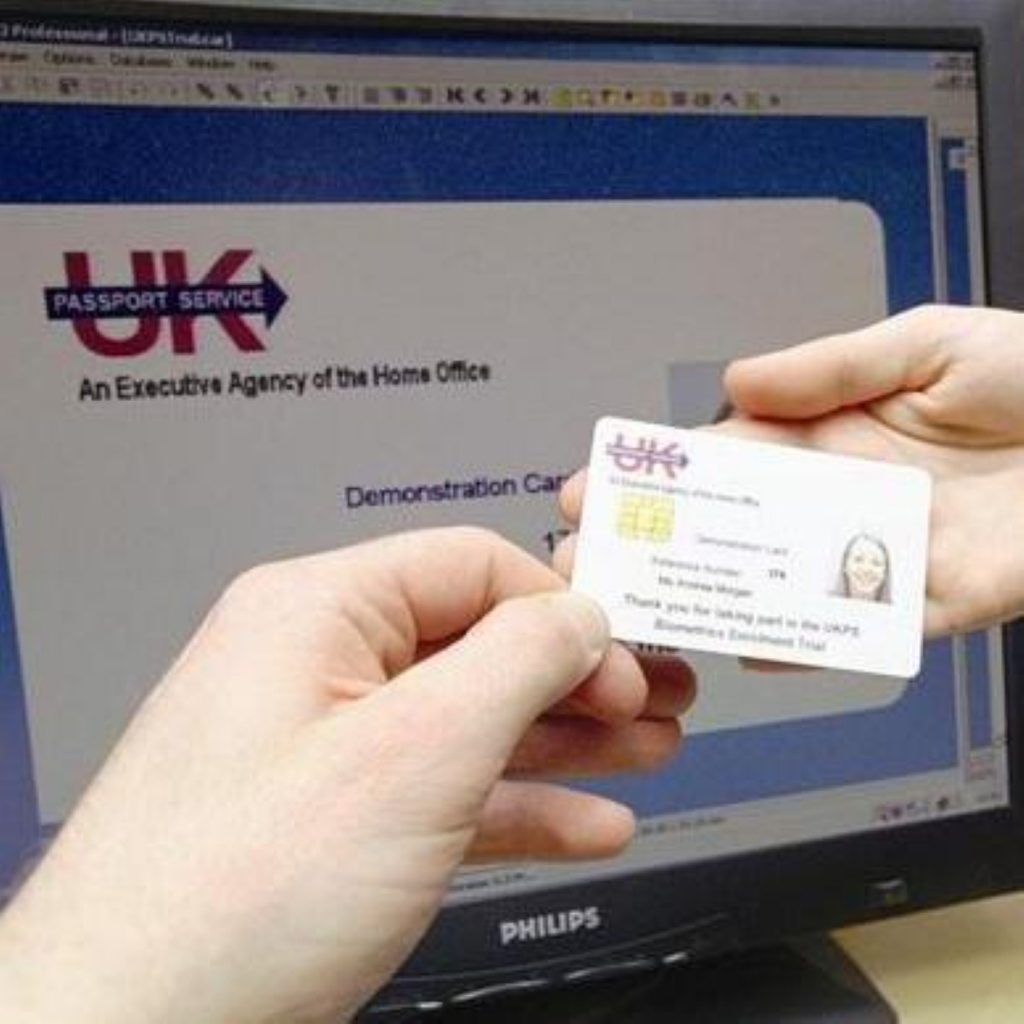MPs question ID and passport double cost
MPs have questioned why the public should pay twice for costly passports and ID cards when the two share so many functions.
The Commons public accounts committee said their similarities “should be reflected in the combined fee”.
Committee chairman Edward Leigh said most adults would have to hold both and the Home Office needed to explain why the new ePassport cannot also act as an ID card.
The Home Office points out the ID card scheme will apply to all adults based in the UK, including foreigners not eligible for a passport.


Mr Leigh said: “The Home Office needs to explain the underlying rationale as to why citizens need an identity card as well an ePassport, particularly as the ePassport offers broader utility in terms of global travel.
“At the very least, the Identity and Passport Service (IPS) should reduce areas of overlap as the identity card project progresses and make sure that the combined fee for the two documents is minimized.”
Shadow home secretary David Davis said it would add “insult to injury” for citizens to pay twice for an ID card, which many people believe will not increase their safety.
Mr Davis said: “Even by standards of this cheap ‘cut and run’ government, paying for a ten-year passport that will not even last two years will deeply offend the tax payer.”
Adult ePassports already cost £72 after the introduction of biometric technology. ID cards are expected to cost each holder a further £30.
The highly controversial ID cards will be brought in on a voluntary basis from 2008 and then become compulsory sometime after 2010.
In its report, the public accounts committee said the Identity and Passport Service should be congratulated for bringing in ePassports on time and on budget.
But, Mr Leigh said the public were still concerned about the durability of the microchip and want to know who will pay for a replacement if it stops working.
He said: “The prospect of ePassport failures contributing to yet further delays at border controls is not an enticing one.”
The microchips have only been guaranteed for two years, while most passports must last for ten years.
IPS chief executive James Hall has previously said he is confident the chips will last a full ten years and said the decision to go for a two year warranty was purely economic.












